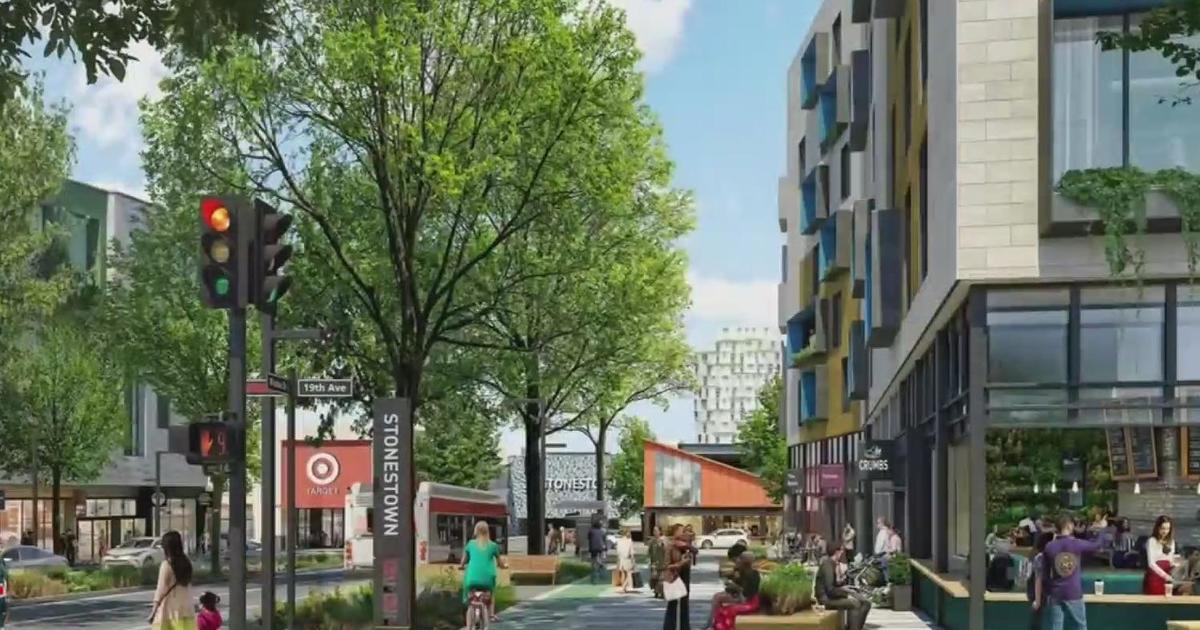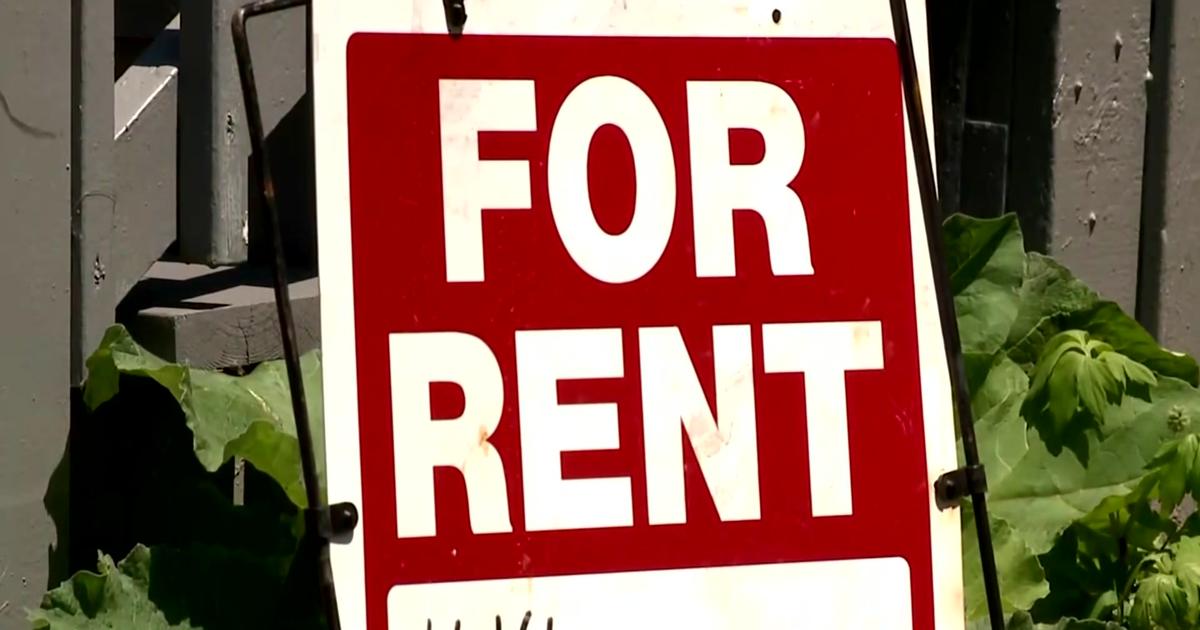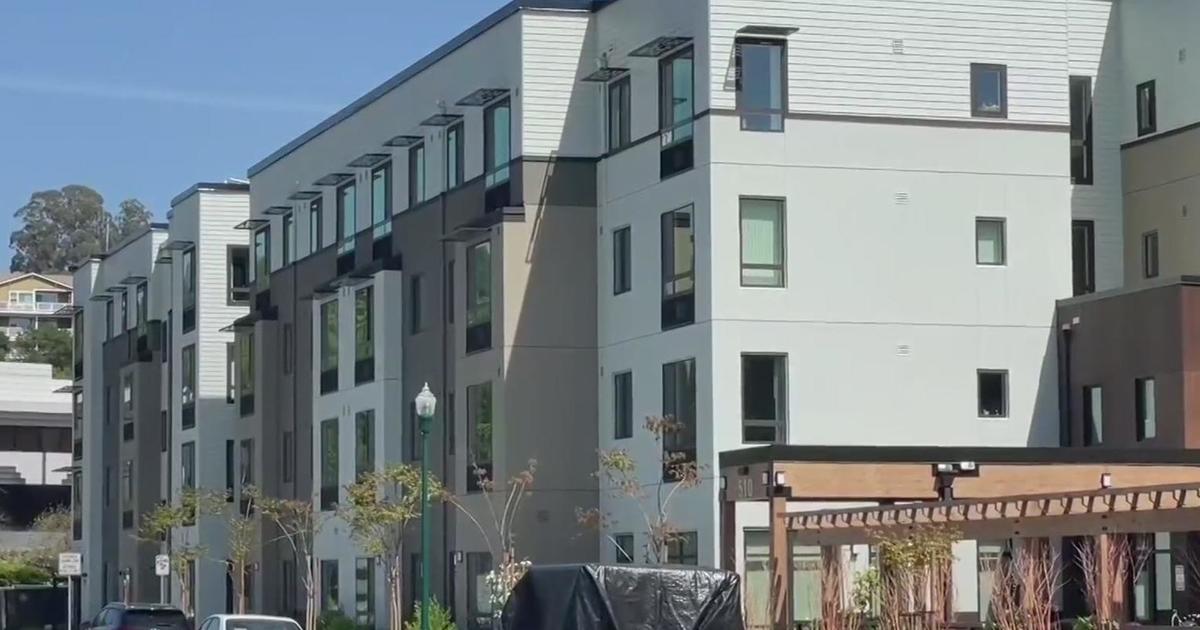Caltrain Adopts 30 Percent Affordable Housing Policy
SAN MATEO (KPIX 5) -- Peninsula residents can expect to see more affordable housing built along the Caltrain corridor in the near future, that's a promise from the board of directors. Caltrain recently committed that for all future construction, 30 percent of the units built will be allocated for affordable housing.
"Transit-oriented development is a good way to just guarantee a population of people that are going to use the train on a regular basis, and that's just a logical place for a transit agency to go," Caltrain spokesperson Dan Lieberman said.
Non-profit housing advocates are hoping this decision will put pressure on other agencies to make a similar commitment.
"I think there's this myth that we don't have any more land left on the Peninsula, and that's simply not true. It is not appropriate to build town homes right next to a train that we've been investing billions of dollars in," said Leora Tanjuatco Ross with the San Mateo County Housing Leadership Council.
Her organization has been pushing for Caltrain to allocate public land for affordable housing since 2016.
When the Housing Leadership Council asked the board to make a guarantee that the available land won't go toward hotels or commercial space, Caltrain did not make that commitment. So for Tanjuatco Ross, this is good news, but she's planning to watch closely to see how future development actually unfolds.
"The peninsula needs more offices, more hotels, like a diabetic toddler needs chocolate," she said.
The two plots of land most likely to be made available to developers are in Mountain View and Redwood City, totaling 4.8 acres.
Along with the promise to allocate 30 percent of units constructed to affordable housing, Caltrain also committed to higher density with at least 50 units per acre. Each building will be at least four stories high.
For Tanjuatco Ross, it opens the door to look at other government agencies and apply pressure.
"SamTrans also has a lot of land so we have been talking to the board members there and saying, 'Okay, you know, Caltrain did this. What can you do?'" Tanjuatco Ross said.
She's now looking at every school, BART station and paved parking lot that may present an opportunity.
"There's no law saying that you can't have a DMV on the bottom and then housing on top," Tanjuatco Ross said.
It's a big change, one that was slow to start. But like anything substantial, now that it's moving, it may be difficult to slow down.
"It's not whether or not San Mateo -- the city [and] San Mateo, the county -- is going to change. It's how do we want it to change?" Tanjuatco Ross said.



